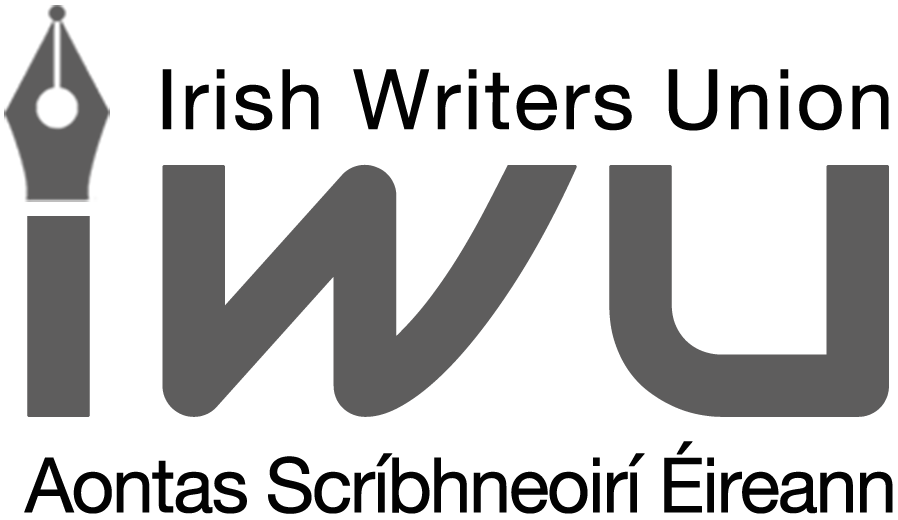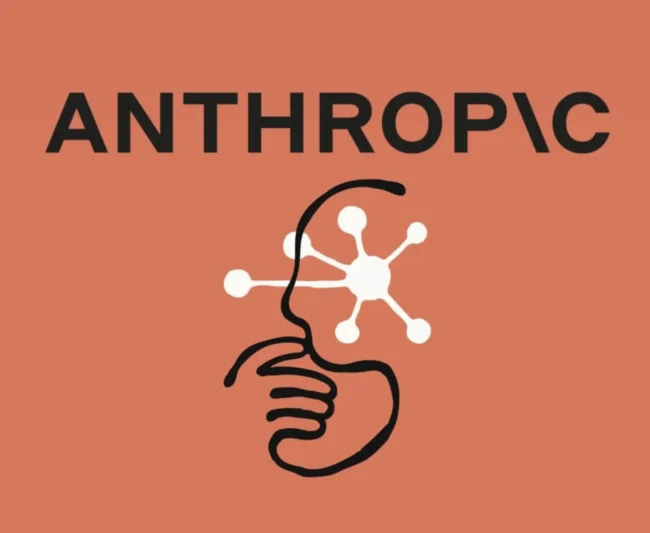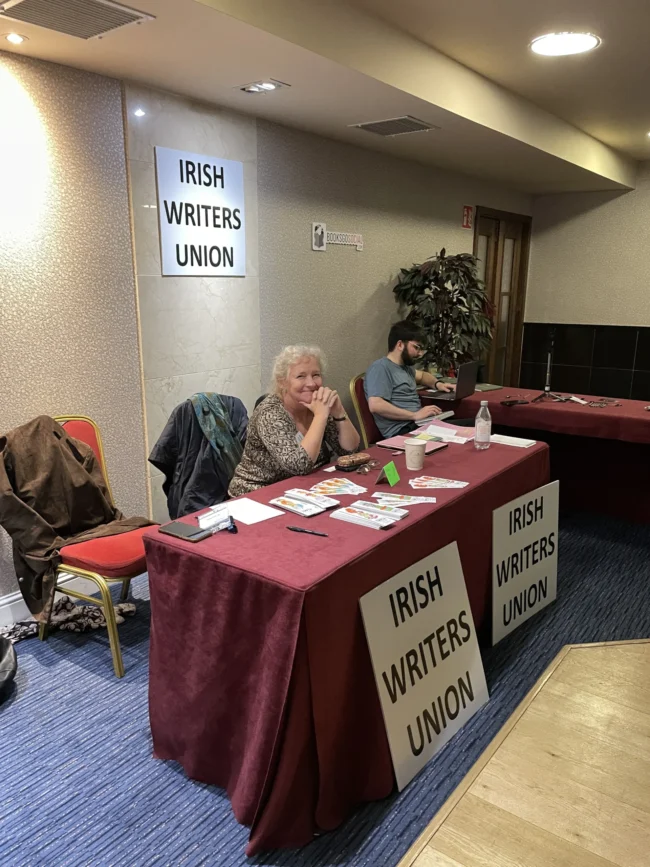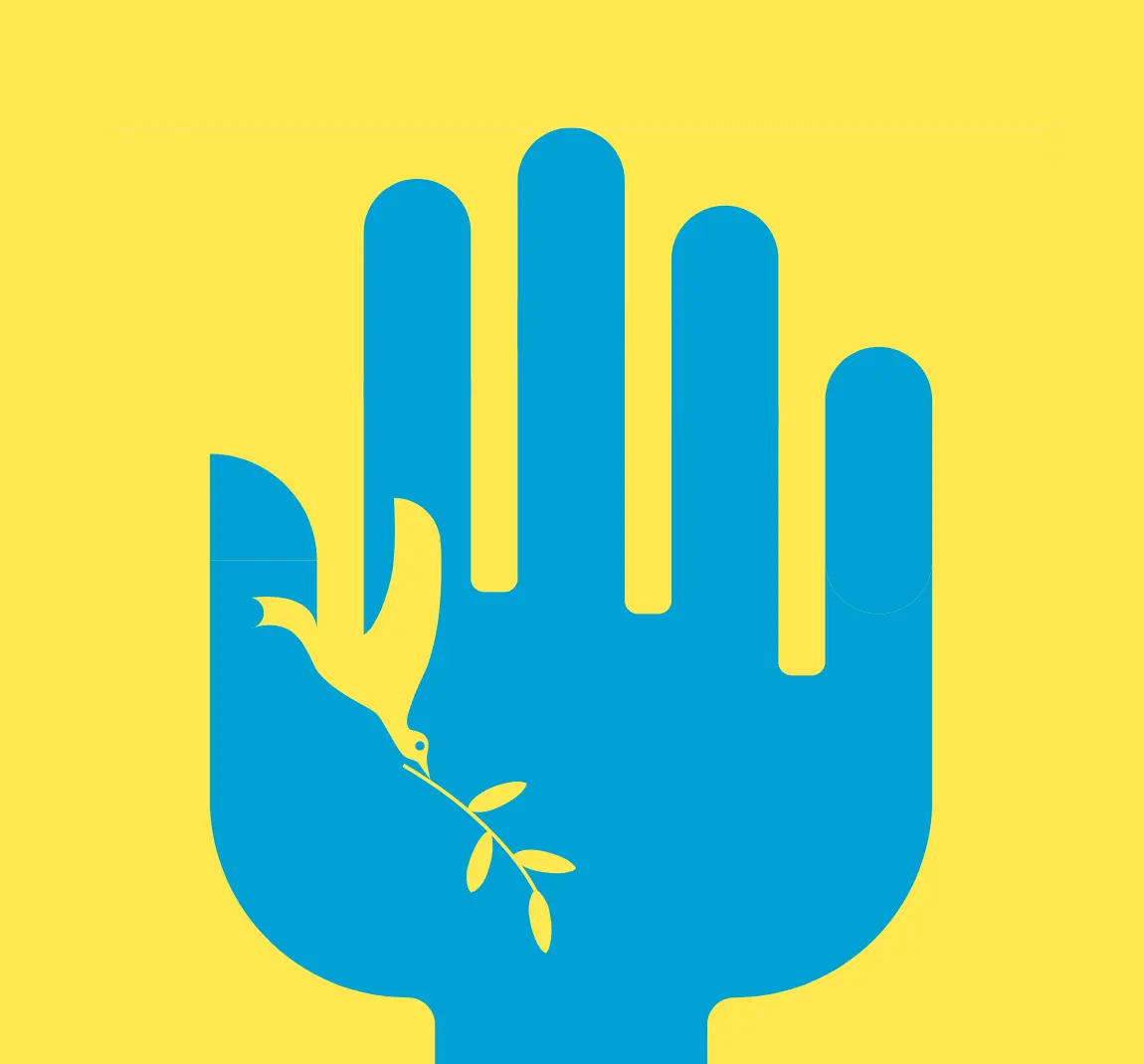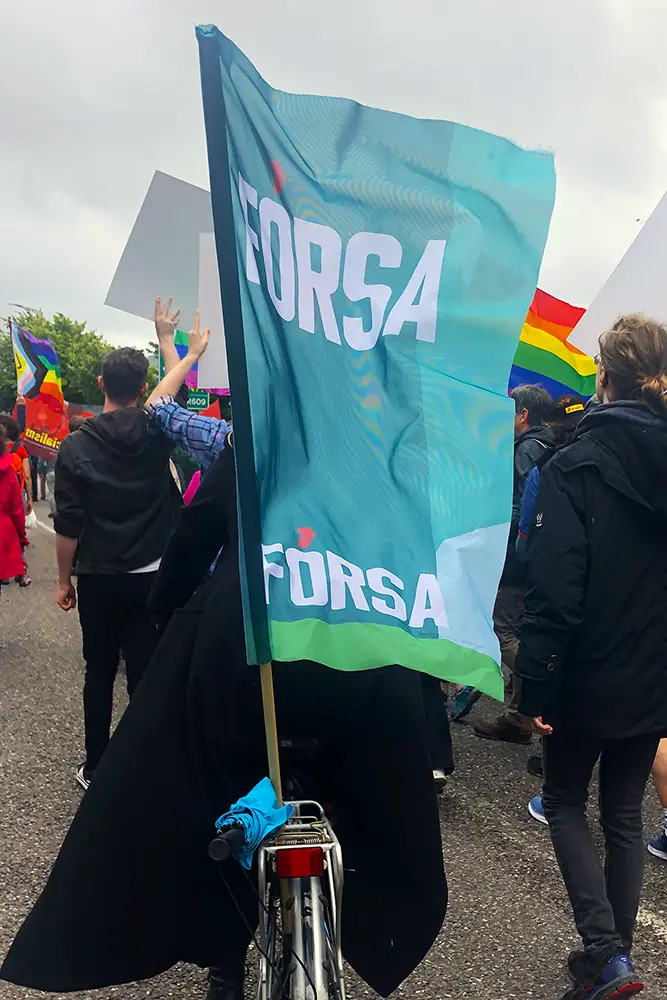(including Harassment, Sexual Harassment and Bullying)
Every person – writers included – should be valued, encouraged, and supported. The IWU believes in equality, diversity, and inclusion, and has zero tolerance for any form of harassment or abuse within the writing and publishing industries. The Union condemns harassment, intimidation, coercion, or discrimination, whether based on race, age, sex, gender, gender identity and expression, sexual orientation, national origin, ancestry, disability, medical condition, religion, class, body size, marital/domestic partnership status, citizenship, or any other marginalised identity.
What is Harassment?
Harassment is any form of unwanted and intrusive attention or behaviour. It can also take the form of exclusion. Harassment can be verbal, non-verbal, or physical conduct, all with the purpose or end effect of violating another person’s comfort and dignity. This may include creating an intimidating, hostile, degrading, humiliating, or offensive environment for a particular person or group of people. The unwanted behaviour may consist of overt or covert acts, unwelcome conversation, deliberate exclusion, words or gestures aimed at a specific target, or the public display of words, pictures, or other material meant to harass or intimidate. For example, derogatory comments, verbal abuse, threats or intimidating gestures, physical contact like pushing or shoving, or ostracising someone at a workplace, school, or other gathering place. Harassers may base such behaviour on the target’s family or marital status, sexual orientation, religious beliefs or lack of belief, disabilities, race, colour, nationality, and/or ethnic or national origins.
What is Sexual Harassment and Sexual Assault?
Sexual harassment can include unwelcome, suggestive, or threatening verbal or written comments; aggressive behaviours such as intimidation, stalking, unwelcome or covert photographing or recording, inappropriate and/or uninvited physical contact, or any other unwelcome sexual attention or advances that make the recipient uncomfortable or threatened. Sexual harassment may happen as a single incident, or may form a pattern of repeated behaviour.
Sexual assault is an intentional act or acts in which one or more persons sexually touches another person without consent, or verbally coerces or physically forces another person to engage in a sexual act against their will.
What is Bullying?
Repeated direct or indirect inappropriate social behaviour conducted by one or more people against others, in a workplace or other public or private venue. It may take the form of verbal or physical assaults designed to undermine a person’s ability to work, interact, or spend time in such environments as workplaces, schools, and other public or private venues. To actually be considered bullying, the behaviour must consist of repeated offences rather than a one-time (and possibly inadvertent) incident.
IWU Code of Conduct – Key Points
The Irish Writers’ Union is a professional organisation and, as such, expects a certain level of conduct from its members. Participants in IWU events and activities, and all IWU members are required to sign up to our Code of Conduct and to refrain from engaging in the following types of behaviour at all times:
- Deliberate intimidation, stalking, or following of someone;
- Inappropriate physical contact with another person;
- Unwelcome sexual attention;
- Abusive verbal and written comments;
- Demeaning others by exclusion. This behaviour can be difficult to identify, especially at professional social events, but deliberately removing names from an existing group email list or intentionally withholding professional information could be two examples;
- Direct interactions or behaviour that makes another person uncomfortable;
- Unwelcome social media contact (that is, virtual stalking of another person) which may include the sending, showing, or public posting of inappropriate images;
- Quid pro quo harassment, such as when one in a position of authority requests sex or a sexual relationship in exchange for providing some sort of professional consideration, advancement or other favour. This would also include peer-to-peer level harassment. One specific example of the latter would be an acquaintance or colleague providing a job or other professional reference allied to a request for a sexual favour in return.
Harassment does not include respectful disagreement on issues or topics, or reasonable critiques made in good faith. As writers, we should welcome – or at the very least, tolerate – the discussion or presentation of controversial ideas, free speech and creative literary expression. We encourage all IWU members to take the perspectives of others seriously whenever a disagreement may arise – while at the same time respecting and holding one another accountable to our Code of Conduct.
How Do I Report Harassment?
The IWU does not have the resources to investigate a claim, or provide medical services, psychological counselling, or legal representation, or to confront an offender directly. However, at the end of this post you will find contact information for organisations and other groups which provide such support.
If you believe an IWU member has violated our Code of Conduct, you may report the details to the Union by sending a notice to this email address: IWUcodeofconduct@gmail.com.
Non-Retaliation Policy
The IWU’s anti-harassment policy also prohibits retaliation for reporting harassment, intimidation, discrimination, or bullying, or for participating in an investigation relating to any such complaint.
Possible Sanctions
The IWU takes breaches of our Code of Conduct very seriously indeed and strongly condemns such behaviour by any writer, journalist, agent, editor, publisher, or other person in the industry. An IWU member alleged to have harassed, bullied, intimidated, stalked, coerced, or abused another person may be temporarily suspended from the Union and any person deemed guilty of such an offence or offences may be denied participation in or entrance to official IWU events. A member who is found guilty by way of an official investigative process such as (but not confined to) a court or tribunal may be expelled from the IWU. Other possible sanctions may include:
- a formal warning from the IWU that the particular behaviour is inappropriate and must be ceased;
- denial of access to IWU online communities or other online activities and forums;
- denial of future IWU membership.
Confidentiality
Though the IWU cannot conduct its own investigations into an allegation of a Code of Conduct breach it will take all reasonable measures to support and protect the confidentiality of any and all parties who contact us, and display discretion and respect for the reputations of all parties involved.
Have You Been Harassed or Assaulted? Some Resources, by Country
IRELAND and NORTHERN IRELAND Emergency Support Services and Helplines
Rape Crisis Help (Ireland) offers support and counselling, both in person, by telephone and online. You may want to call, email or drop into a local service for information and support. You can call the 24-Hour Helpline on 1-800-778888
Other sources of info:
- The Irish Human Rights and Equality Commission can provide information. Lo-call 1890 245 545.
- Citizen’s information web page on harassment in the workplace
- You can report sexual harassment through the Workplace Relations.
- Advice from Free Legal Advice Centres (FLAC), Lo-call 1890 350 250
UNITED KINGDOM Support and Sources
National Health Service
https://www.nhs.uk/live-well/sexual-health/help-after-rape-and-sexual-assault/
For information and help after rape and sexual assault.
BBC Action Line
A clearing-house of links to support and helplines for anyone in the UK who has experienced
sexual assault or abuse.
GOV.UK
https://www.gov.uk/workplace-bullying-and-harassment
Official website for information, hotlines, and to report workplace bullying and harassment
UNITED STATES Websites and Hotlines:
Rape, Abuse, and Incest National Network (RAINN)
https://www.rainn.org/articles/sexual-harassment
This international sexual assault hotline is available 24 hours a day, 7 days a week, worldwide, including for Americans traveling or living abroad. Call 800/656-HOPE
Equal Opportunity Employment Commission (EEOC)
https://www.un.org/womenwatch/osagi/pdf/whatissh.pdf
To report sexual or other harassment in the workplace.
The Irish Writers Union subscribes to the commitment to professional behaviour in bookselling and publishing, agreed by the Society of Authors, Booksellers Association, Publishers Association and the Association of Authors’ Agents in the UK.
